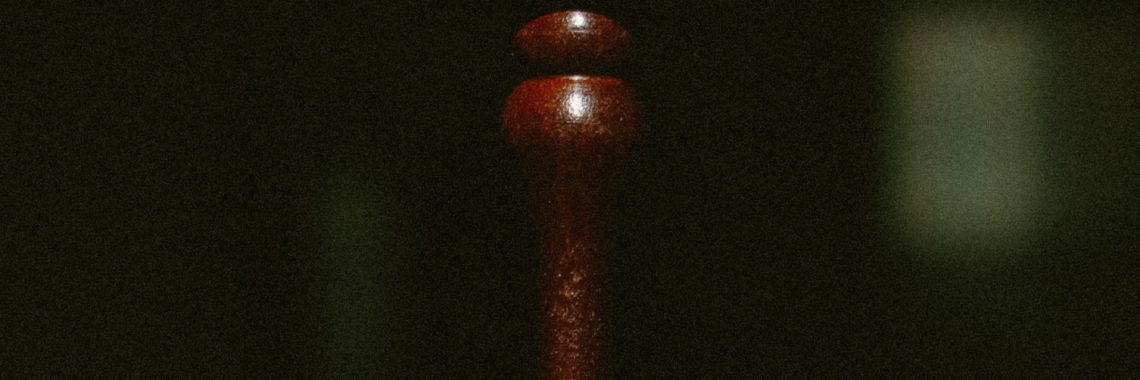“Judge Amy Coney Barrett’s Overly Broad Take on Judges and the Death Penalty” by Matthew P. Cavedon
Image adapted from Wikicommons by DhLeaks44 / CC BY-SA 4.0 “Judge Amy Coney Barrett’s Overly Broad Take on Judges and the Death Penalty” Matthew P. Cavedon Twenty-two years before she was nominated to the U.S. Supreme Court, Judge Amy Coney Barrett co-wrote a law review article on Catholic judges and the death penalty. It has gained attention from…




